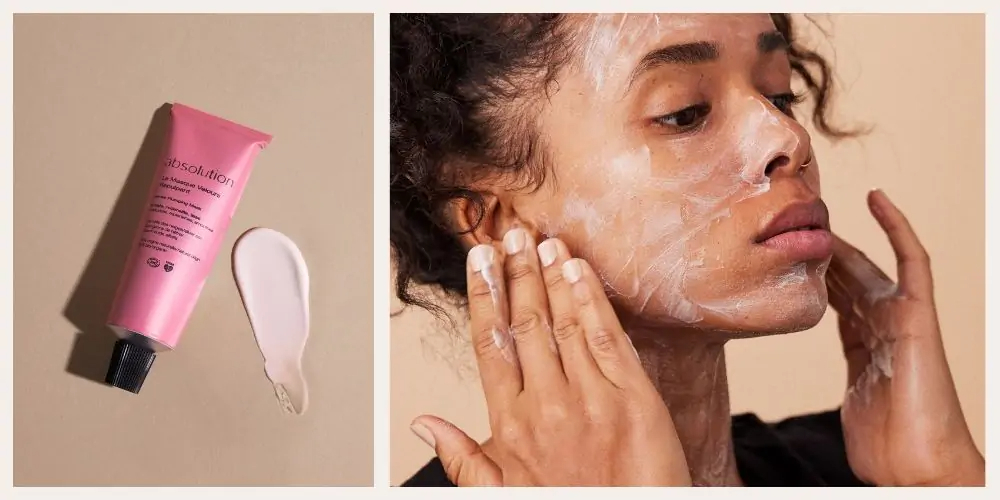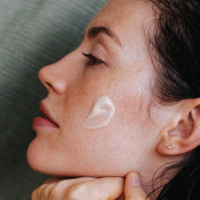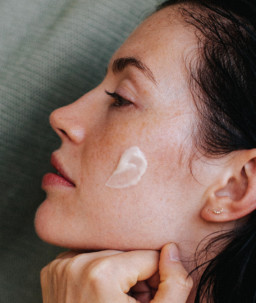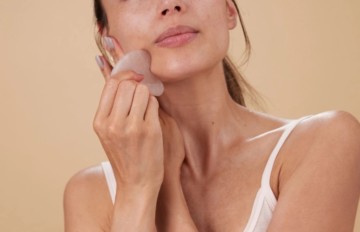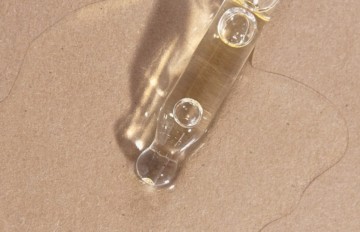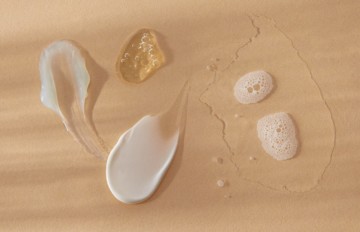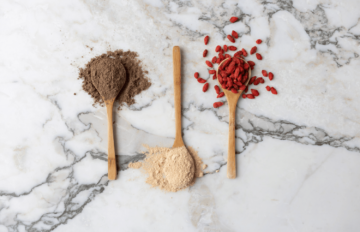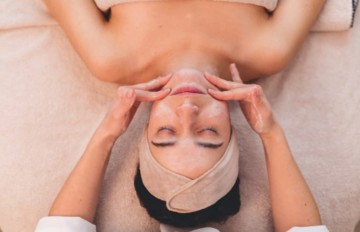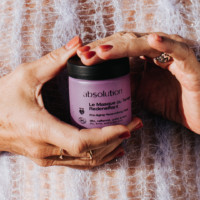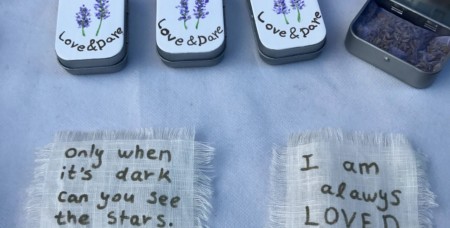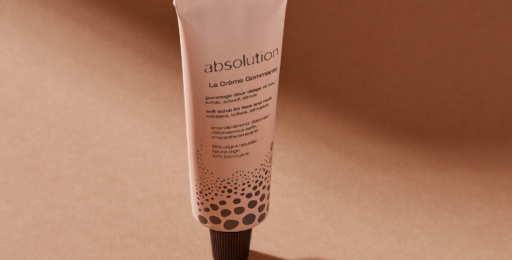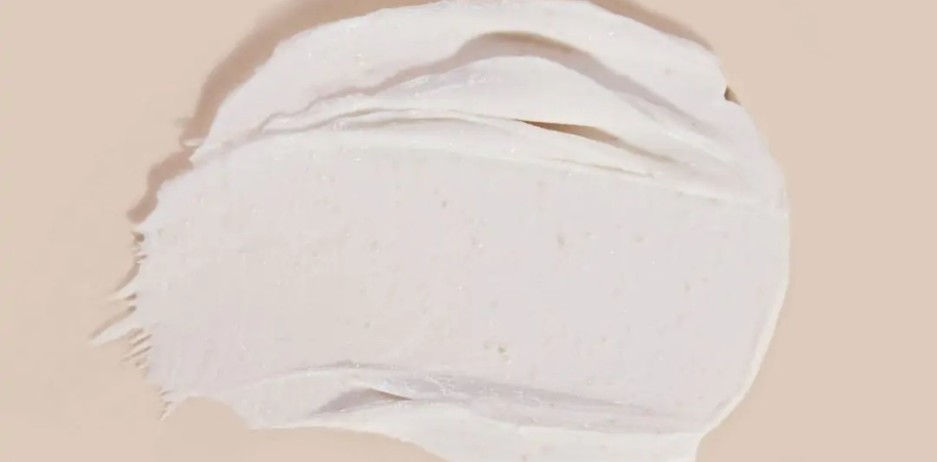
How to choose and use a face scrub
Incorporating a face scrub into your beauty routine
Face scrubs deeply cleanse and soften the skin, and help you to get your glow back! That’s the good news. The not-so-good news is that if you don’t use them the right way or pick the right ingredients, you could end up damaging your skin. Absolution tells you how to choose the right facial scrub, so that you – and your skin – can enjoy all the benefits!
The benefits of face scrubs
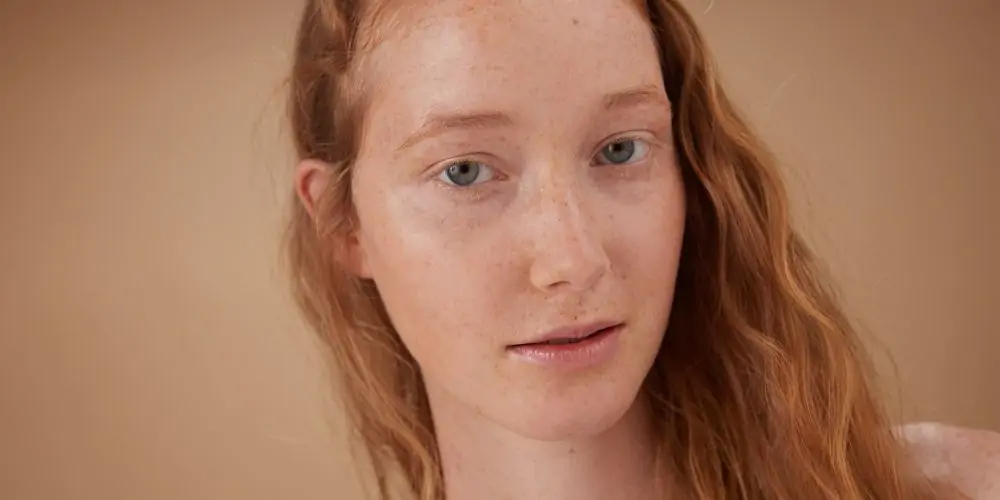
A face scrub can certainly make your skin look more beautiful, as long as you exfoliate the right way. Here’s what it does…
- Makes skin smoother. Face scrubs help to rid skin of all those dead cells that remain “stuck” to the epidermis and can lead to blackheads (also called open comedones), whiteheads (also called closed comedones or pimples), and other blemishes. So, by refining pores and helping to tighten the skin surface, a face scrub will leave your complexion smoother, more radiant and more even. <l/i>
- Improves blood flow. As you massage your face scrub over the skin with gentle, circular movements, you stimulate the skin surface, which in turn stimulates blood circulation. This helps to firm the skin, reduce the appearance of wrinkles and fine lines, and encourage cell renewal.
- Unclogs pores and removes excess sebum, as well as bacteria that are naturally present on the skin surface and can spread. Clogged pores are often the cause of blackheads, which could be avoided by exfoliating regularly and gently.
- Helps moisturizing serums and creams to penetrate better. When the pores of your skin are blocked, the cosmetic products you apply will not be effective, as they can’t penetrate the skin properly.
- Has a pro-aging action. Regular exfoliation stimulates collagen production. Collagen is one of the main proteins in the body and plays an important role in structural support and in connective tissues, particularly in the skin.
Face scrubs and the different ways to exfoliate your skin
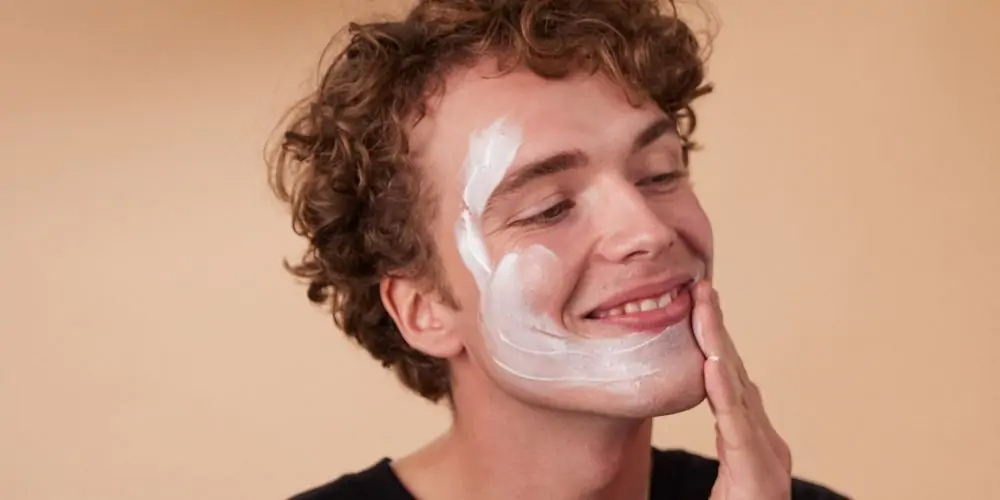
The word “exfoliate” comes from the Latin “ex” (out, from) and “folium” (leaf), so the original meaning is to “strip of leaves.” And a face scrub does “strip” the skin of fine layers (you might say leaf-like layers) of dead cells, bacteria and excess sebum. There are two kinds of exfoliant: “mechanical” (also known as physical) and “chemical.”
- “Mechanical” exfoliants contain granules and act quickly – but only on the upper layers of the skin. Scrubs with granules are not just used on the face, but also on the body. (However, if you want to exfoliate your body, it’s always best to opt for an organic body scrub.) This type of scrub is generally safe for all skin types, although you should avoid using “large granules” on the face. And make sure you don’t press too hard when massaging your face with a mechanical exfoliant. If you’re not gentle enough, it can lead to redness and flaking or peeling skin. Bear in mind that the bigger the granules, the bigger the risk of “stripping” your skin when you exfoliate – which is not what you want to do!
- “Chemical” (or “enzymatic”) exfoliants don’t contain granules. Instead, it’s the active ingredients in them that exfoliate. This type of exfoliant, which is often very gently massaged into the skin, is gentler on the face, and its action is slower but deeper. Sometimes you just have to massage these exfoliants into the skin for a few seconds, then rinse them off. They’re particularly suitable if you suffer from spots or red patches, and for mature skin.
DIY face scrubs: be careful about the ingredients
It’s perfectly possible to make your own face scrub, as long as you have the time. There are countless recipes on the internet for homemade face scrubs for oily skin, combination skin, problem skin, etc. But don’t believe everything you see! There are plenty of bloggers, vloggers, influencers, etc. who’ll tell you that their natural face scrub is the best thing since sliced bread. And yet some of their “miracle” solutions are actually very abrasive and could damage your skin.
The skin of your face is more sensitive and delicate than the skin of your body, which is why the exfoliating particles in a face scrub should be finer. For example, sugar scrubs – which are often used on the body – are usually too harsh for the face. The same applies to exfoliators that contain sea salt, crushed apricot kernels or coffee grounds. These particles are too big for the skin of the face. So if you see any “face scrub” tutorials that suggest using these ingredients in a homemade exfoliator, pay no attention and move on!
What ingredients can you use to make a DIY face scrub?
To avoid irritating or stripping the skin, it’s best to opt for gentle exfoliants that contain smaller, finer particles, such as:
- Very finely ground organic oatmeal
- Rice flour
- Almond powder
These ingredients exfoliate mechanically, so they need to be massaged over the skin in order to be effective. You could also make a DIY chemical exfoliant that contains natural enzymes to remove dead cells and encourage cell turnover. For example:
- Milk and yogurt, which contain lactic acid
- Apple, which contains malic acid
- Pineapple – a source of Vitamin C and citric acid
- Mango, rich in Vitamin A
It all comes down to this: the best face scrub for you is one that works with your skin type. And it’s often preferable to opt for a bought organic face scrub, rather than trying a homemade recipe that could affect your skin’s health.
Scrub your skin, but keep it gentle
Perhaps making your own face scrub seems a little too complicated? Perhaps you’re not sure which ingredients are best for your skin, even though you always pay attention to what’s inside your cosmetic products? If this sounds like you, then you’ll be glad to know that Absolution’s body and face scrubs are made with 99% naturally derived ingredients, and over 50% of these are certified organic. Ever since the brand was launched in 2009, founder Isabelle Carron has been determined to create effective formulas of the highest quality.
La Crème Gommante: a scrub for super-soft skin
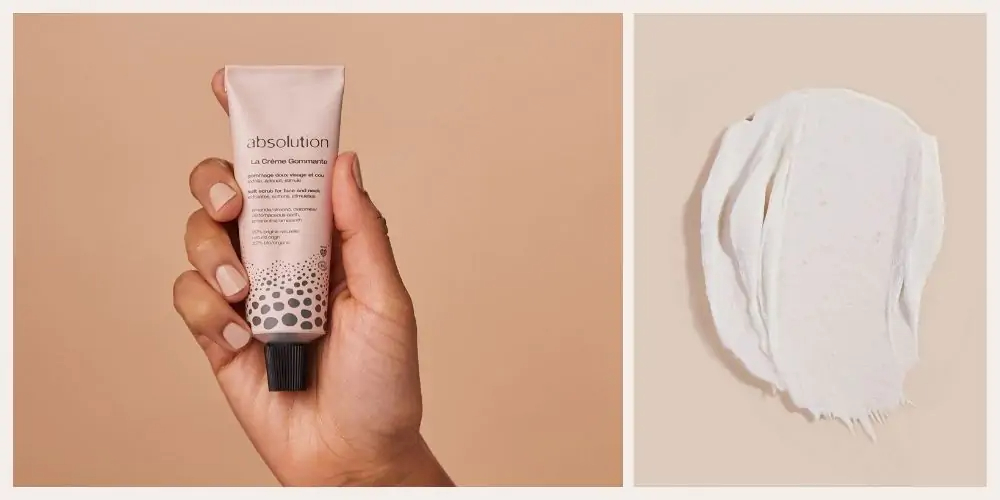
La Crème Gommante was designed to exfoliate, soften and stimulate the skin, but without being abrasive – like some scrubs can be. Suitable for all skin types, it’s particularly recommended for skin that’s dull, suffering from breakouts, or lacking firmness. At the heart of its formula lie three complementary active ingredients:
- Diatomaceous Earth, which gently exfoliates and stimulates skin healing.
- Almond Pulp – a source of proteins, vitamins and minerals, to nourish and soften the skin.
- AHAs derived from citrus fruits, Cane Sugar and Sugar Maple Sap extract, which slough away dead cells and complement the mechanical action of Diatomaceous Earth.
One of the best things about La Crème Gommante is that it has a dual action, as it provides both mechanical and enzymatic (or chemical) exfoliation, yet it’s still very gentle on the skin. So, if you have sensitive skin, you can just apply it like a mask and leave it on for a few minutes before rinsing. If your skin isn’t sensitive, you can massage the scrub over your face for even more precise exfoliation.
Ideally, you should combine the effectiveness of La Crème Gommante with our Le Masque Velours Repulpant. This natural, vegan, certified-organic face mask is like a deep moisturizing balm that restores density and smoothes, and can even be used on very damaged skin. Whatever kind of exfoliant you decide to use (mechanical, chemical, homemade or Absolution), don’t use it too often. Once a week is quite enough. And if your skin is very sensitive, once a fortnight is even better.
